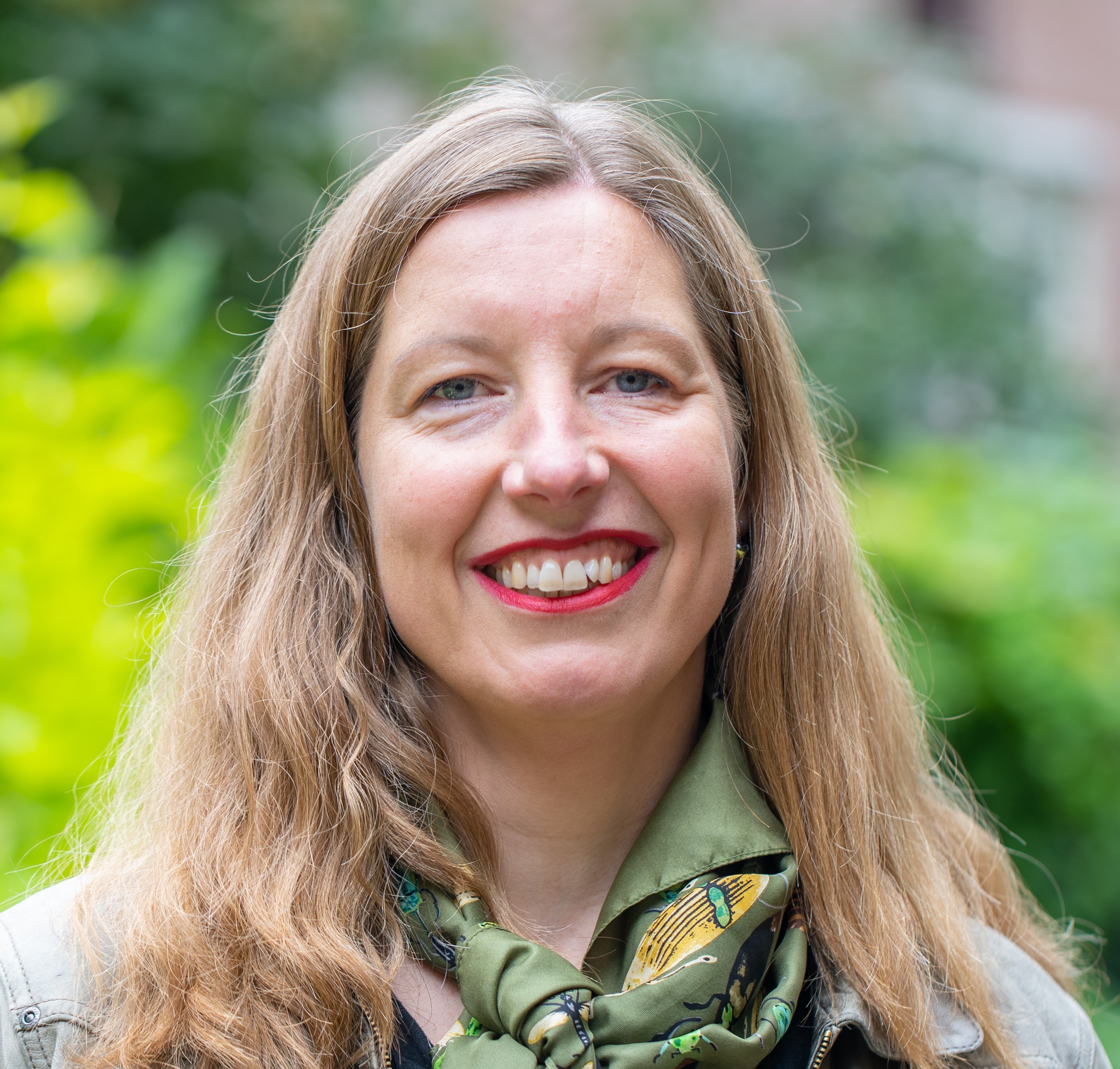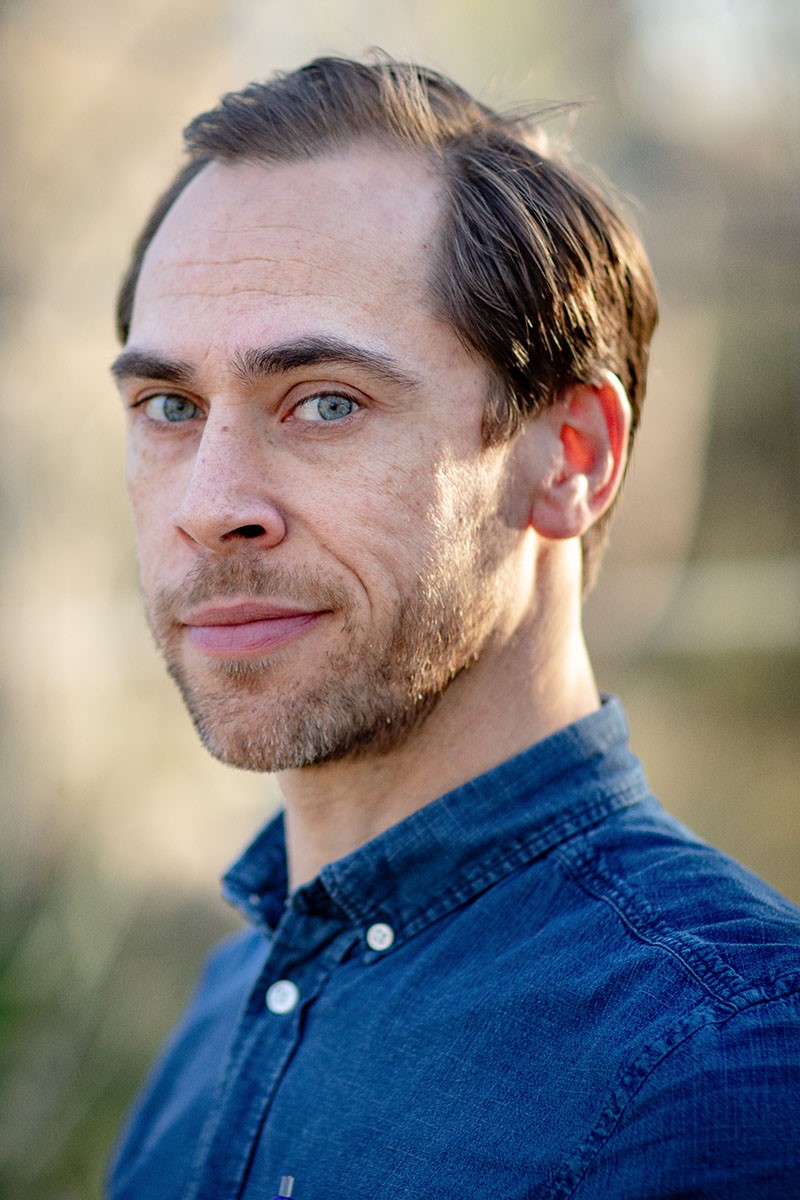Bad nights: assessment and treatment of sleep disturbances in PTSD
Dr Annette Van Schagen1, Dr Hein Van Marle2, 3
1ARQ Centrum'45, Rijnzichtweg 35, 2342 AX, Oegstgeest, Netherlands
2ARQ Centrum'45, Nienoord 5, 1112 XE, Diemen, Netherlands
3Amsterdam UMC, Department of Psychiatry, location VUmc, De Boelelaan 1117, 1081 HV, Amsterdam, Netherlands
Number
33
Opgenomen in sessies
0.03 On air, 2023-09-28, 13:30 - 14:45
Keywords
Police, military & emergency services, health care personnel
Refugee or war & conflict related traumatic stress
Screening, assessment & diagnosis
Complex PTSD, comorbidities, grief
(Sub)clinical interventions or treatment (innovations)
Abstract
Sleep disturbances frequently co-occur with posttraumatic stress disorder (PTSD) and are very disruptive for patients. Insomnia and nightmares are viewed as core symptoms of PTSD. Yet, relations between disturbed sleep and PTSD are far more complex: PTSD is linked to a broad range of sleep disorders, such as sleep breathing disorders, parasomnia, and sleep movement disorders. Also disturbed sleep markedly affects PTSD-outcome. We therefore advocate that clinicians working with PTSD update their knowledge and skills regarding sleep and sleep-related disturbances associated with PTSD. This interactive workshop provides a concise overview of prevalent comorbid sleep disorders, their reciprocal relation with PTSD and possible underlying neurophysiological mechanisms, as well as treatment options. Furthermore, we will discuss the assessment of sleep disturbances, the formulation of the treatment plan and the treatment of the most common sleep problems such as insomnia and nightmares. There will be opportunity to discuss practical problems that often arise in the assessment and treatment of sleep disturbances in PTSD. Finally, we will present some perspectives on future multidisciplinary clinical and experimental research to develop new, more effective sleep therapies to improve both sleep and PTSD.
Authors

Annette Van Schagen

